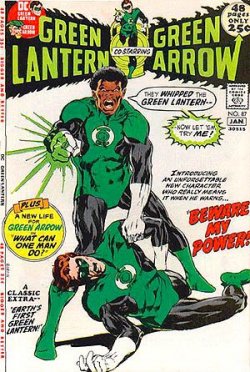mlw
Active Member
The Burning Issue: Race and Racialism
Abstract: The problems of racial strife, ethnic conflict, discrimination, and ethnic ghettoization, show no sign of abating. The ideology of multiculturalism and "colour-blindness" has proved ineffectual. This article investigates why. Race as 'social construct' is criticized. Racial cognizance has its roots in the unconscious. Therefore it tends to be naive and exaggerated. This is borne out by research in cognitive science. Light is shed on psychology's view of ethnoracial difference. Differences depend on which aspects of our common heritage that are become dominant in the population. Thus, it is not necessary to rely on a biological explanatory model. Yet, a categorical denial of biological difference is not the right way to combat racism. Community psychology research shows that ethnic integration does not foster sense of community. Ethnocultural separation, while maintaining cultural transaction, is a better solution than integration. The article highlights the problem of difference anxiety in the context of ethnicity and race.
Keywords: cultural unconscious, white flight, segregation, psychosocial alienation, dark nature, human kinds, difference anxiety, ideology of sameness, cognitive science, cultural psychology, ethnic sociology.
Read the article here:
The Burning Issue Race and Racialism
M. Winther
Abstract: The problems of racial strife, ethnic conflict, discrimination, and ethnic ghettoization, show no sign of abating. The ideology of multiculturalism and "colour-blindness" has proved ineffectual. This article investigates why. Race as 'social construct' is criticized. Racial cognizance has its roots in the unconscious. Therefore it tends to be naive and exaggerated. This is borne out by research in cognitive science. Light is shed on psychology's view of ethnoracial difference. Differences depend on which aspects of our common heritage that are become dominant in the population. Thus, it is not necessary to rely on a biological explanatory model. Yet, a categorical denial of biological difference is not the right way to combat racism. Community psychology research shows that ethnic integration does not foster sense of community. Ethnocultural separation, while maintaining cultural transaction, is a better solution than integration. The article highlights the problem of difference anxiety in the context of ethnicity and race.
Keywords: cultural unconscious, white flight, segregation, psychosocial alienation, dark nature, human kinds, difference anxiety, ideology of sameness, cognitive science, cultural psychology, ethnic sociology.
Read the article here:
The Burning Issue Race and Racialism
M. Winther



